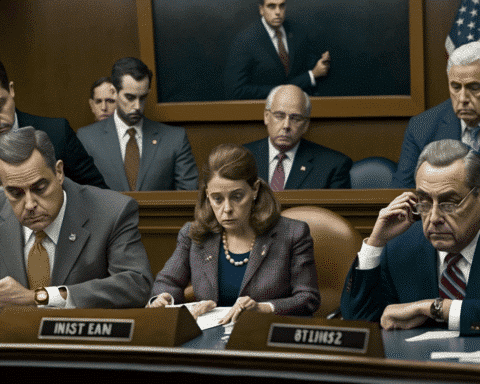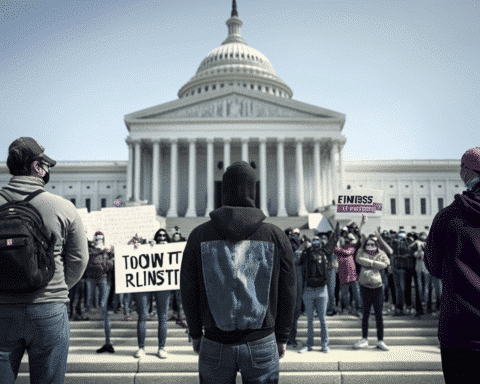The United States and its allies are looking into the possibility of imposing tighter restrictions on technology exports to China after a suspected spy balloon was found to have crossed the US borders. The incident has raised serious concerns about the national security threat posed by China and is expected to build political support for stronger protection of US technology. The Biden administration is considering adding 6 Chinese government-backed companies linked to the balloon program to the Commerce Department’s entities list, which imposes barriers to doing business with blacklisted firms.
Balloon Incident Highlights China’s Surveillance Practices
The balloon incident has brought attention to China’s surveillance practices, which have been a concern for national security analysts. The balloon was said to have carried antennas and sensors for collecting intelligence and communications, and the US government has stated that the balloon incident highlights the threat posed by China to national security.
The White House press secretary announced that the US will investigate potential measures against entities in the PRC associated with the balloon program, and tackle the PRC’s extensive surveillance operations that endanger the national security of the US and its allies. China claims that the balloon was used for research and meteorological purposes and had blown off course and that the US has overreacted to the incident.
Push for Tougher US Measures
The House Select Committee on the Strategic Competition between the US and China is likely to push for tougher US measures to slow China’s advance. The balloon incident could be a pivotal moment for the American public to realize the importance of China as a policy area, and members of Congress may feel growing pressure to take a more hard-line stance, which could lead to pressure on the White House to pursue tougher policies.
Proponents of more stringent export regulations are advocating for the expansion of controls to cover areas such as artificial intelligence. They are calling on the US and its allies to think about adopting a new approach for joint controls in specific technology fields.
Expanding Export Controls and Screening Programs
The Biden administration is looking at the possibility of adding 6 Chinese government-backed companies linked to the suspected spy balloon to the Commerce Department’s entities list, following a series of US sanctions targeting Chinese entities and companies for activities that threaten US national security interests.
The White House is also looking at broader efforts to expose and address the Chinese surveillance activities that pose a threat to US national security and allies. The administration is developing an outbound investment screening program that would vet US investments overseas for potential national security threats from China.
International Coordination Needed to Respond to China Threat
U.S. officials have briefed more than three dozen governments on the balloon incident, and they believe that international coordination is critical to respond to China as a threat. The U.K. security minister has stated that international trade with China must be viewed through a national security lens, and that the Chinese state structure poses challenges to all.
So, the recent balloon incident has drawn attention to the national security threat posed by China and has sparked a push for tougher US measures to slow China’s advance. The Biden administration is considering expanding export controls and screening programs to address the threat, and international coordination is seen as critical to respond effectively to the challenge posed by China.




